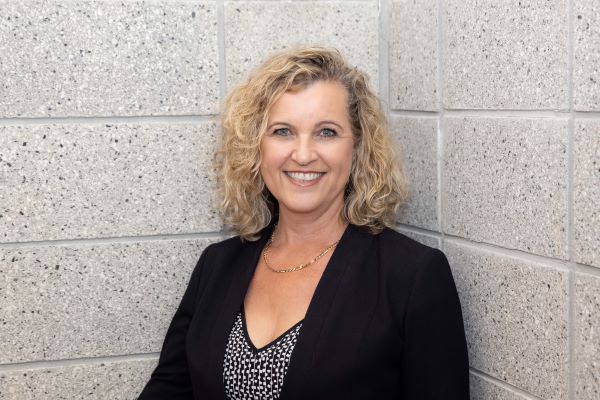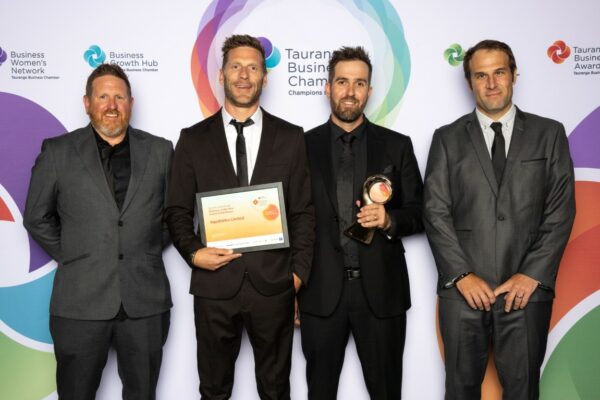In 2020, issues of gender and racial inequality have been at the forefront of some of the world’s biggest news headlines.
But, when it comes to diversity in the workplace, some businesses make headlines for all the wrong reasons – including having a ‘tick box’ attitude’ when it comes to how they incorporate, celebrate and champion a diverse workforce.
So, how do you incorporate diversity into your workforce in a meaningful way, making your staff feel welcomed and their cultural values, beliefs and gender treated as an asset to the team?
Charlie Dalton from Zest Training is once again holding his Managing Through Diversity course this November, as one of the training workshops at the Chamber.
The workshop focuses on helping managers better understand how to value difference in their team, how to deal with inappropriate behaviour related to someone’s culture or gender, and understanding how your team may like to give and receive feedback differently.
“As soon as you have two or more people, you have diversity,” says Charlie.
“But this is undoubtedly a good thing, because people from different walks of life bring new and interesting ideas, fresh perspectives, and unique takes on problems and challenges, and generally make your team better and stronger.”
Charlie says the key to a diverse workforce is how to manage the team, and better understand how this would come to benefit organisations, or even society as a whole, by helping people shift their perspectives and become more accepting of their workmates.
“Managing diversity in the workplace means making people feel included, valued and respected for their differences, and through this give them an opportunity to develop their potential.”

He says there are two key ways companies can be more inclusive of diversity in an effective, meaningful way:
- Raising awareness. “This refers to understanding the implications of bias, discrimination and exclusion on the morale and productivity of the people who work together towards a common goal”.
- Improving behavioural skills in handling situations. “This is about learning how to react and respond to developing situations when dealing with a diverse set of people”.
And, above all else, “Be interested, be inquisitive and be kind”.
















































